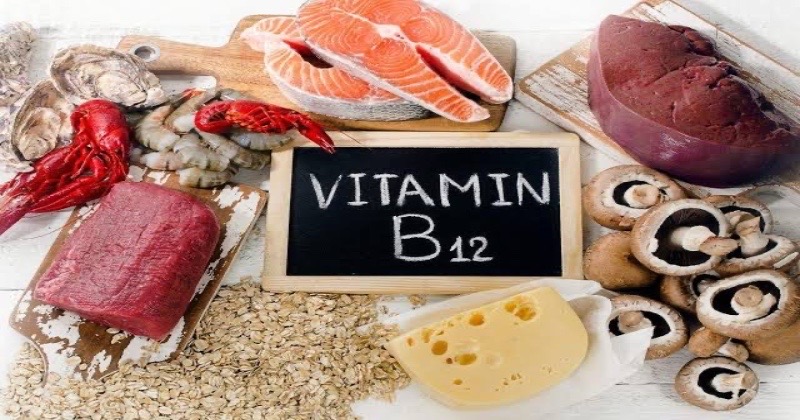
Here are some common causes and symptoms of vitamin B12 deficiency:
Causes of Vitamin B12 Deficiency:
1. Inadequate Diet: Not consuming enough foods rich in vitamin B12, such as meat, fish, dairy products, and eggs.
2. Malabsorption: Conditions that affect the absorption of vitamin B12 from the digestive system, such as pernicious anemia or gastrointestinal disorders.
3. Vegan or Vegetarian Diet: Strict vegan or vegetarian diets that lack animal-derived foods, the primary source of vitamin B12.
4. Age: As people age, the ability to absorb vitamin B12 from food may decline.
5. Certain Medications: Long-term use of certain medications, such as proton pump inhibitors or metformin, can interfere with B12 absorption.
Symptoms of Vitamin B12 Deficiency:
1. Fatigue and Weakness: Feeling tired and weak even without excessive physical activity.
2. Anemia: Vitamin B12 deficiency can lead to megaloblastic anemia, where the body produces large, immature red blood cells.
3. Nerve Problems: Tingling or numbness in hands and feet, difficulty walking, and balance issues.
4. Cognitive Impairment: Memory problems, confusion, and difficulty concentrating.
5. Glossitis: Inflammation and swelling of the tongue.
6. Mouth Ulcers: Painful sores in the mouth.
7. Pale or Yellowish Skin: Due to decreased red blood cell production.
8. Dizziness or Lightheadedness: Feeling faint or dizzy without an apparent cause.
9. Digestive Issues: Loss of appetite, constipation, or diarrhea.
It’s essential to address vitamin B12 deficiency through dietary changes, supplements, or medical intervention, depending on the severity of the deficiency and the underlying cause. If you suspect you have a vitamin B12 deficiency, it’s best to consult a healthcare professional for proper diagnosis and treatment.

Post Your Comments